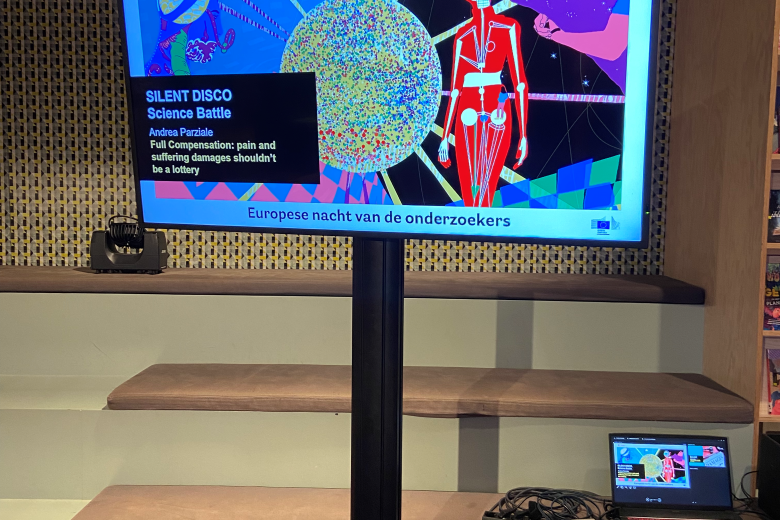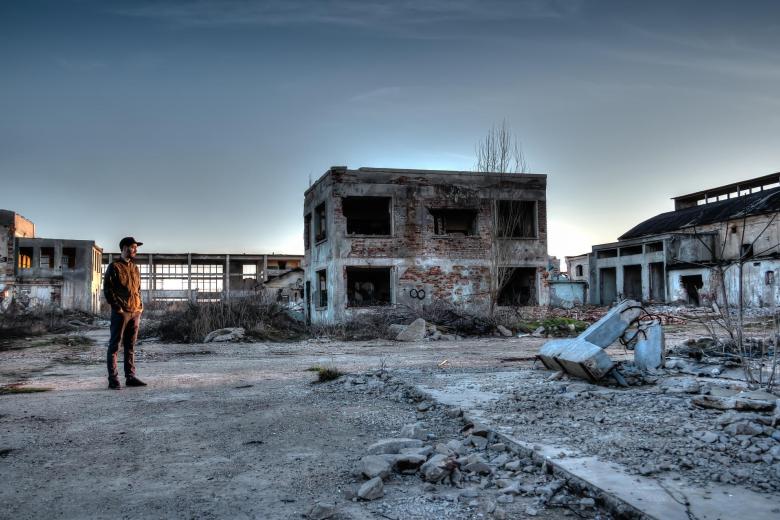Transforming full compensation: a model legislative proposal and guidelines for pain and suffering damages
The EU-funded project FullCompensation aims to make the compensation of pain and suffering damages more equitable and efficient. To this end, the project led to the development of a model legislative proposal and guidelines, based on comparative and empirical evidence. These documents are intended as a source of inspiration for EU Member States and adjudicators that are considering reforming or establishing their own systems for the quantification of pain and suffering awards.
When an accident occurs, the victim is entitled to recover damages from the injurer as compensation for their economic and non-economic losses. Non-economic losses include pain and suffering. Translating pain and suffering into monetary amounts can be quite discretionary and result in a damage lottery that can be unfair and inefficient. This seems to be a concern despite the increasing use of guidelines to help adjudicators quantify pain and suffering damages.
Addressing this issue, the EU-funded project FullCompensation aimed to develop a model legislative proposal for EU Member States and guidelines for adjudicators to award pain and suffering damages in a way that reconciles equal treatment and personalisation.
I am happy to share that the model legislative proposal and guidelines are publicly available on Dataverse and the Open Science Framework starting today!
The model legislative proposal and guidelines are intended to offer EU Member States and adjudicators a source of inspiration for the establishing or reforming their own national framework for the quantification of pain and suffering damages. These documents propose pathways towards setting of award levels and standardising pain and suffering damages, with some room for personalisation. This is built into a framework centred on the involvement of stakeholders and laypeople and periodic review mechanisms. This is to foster the transparency and legitimacy of the proposed solutions.
An explanatory note accompanies the model legislative proposal and the guidelines. It explains in detail the arguments and comparative-empirical evidence that I used to finalise the model legislative proposal and the guidelines. These arguments and evidence draw on the literature on pain and suffering damages, a comparative review of the guidelines that are used in different EU Member States, as well as empirical research activities. These included a review of the case law and semi-structured interviews with judges and other types of adjudicators from selected EU Member States. The study protocols for both these activities were publicly shared for transparency.
All these research activities, particularly the empirical ones, generated valuable insights into how existing guidelines work (or do not work) in practice and how potential solutions can be devised. Using these insights, I developed a preliminary draft, which I then discussed in national focus groups with stakeholders and policymakers. Based on the feedback received in these focus groups, I finalised the model legislative proposal and guidelines. I presented tham “in preview” at a METRO seminar last week.
Do you want to learn more about this? Then:
- Have a look at the model legislative proposal and guidelines (and the explanatory note) on Dataverse and the Open Science Framework!
- Follow me on LinkedIn and X for further updates on forthcoming publications on this same project and its comparative and empirical research activities!
Andrea Parziale is a Marie Skłodowska-Curie fellow at the Institute for Transnational Legal Research (METRO), Maastricht University, where he is implementing his EU-funded individual fellowship "FullCompensation - Rationalising Full Compensation of Non-Pecuniary Damages to Reconcile Equal Treatment and Personalisation" (Marie Skłodowska-Curie grant agreement No 101028723).
-
FullCompensation at the European Researchers’ Night in Groningen
The EU-funded project FullCompensation aims to make the compensation of pain and suffering damages more equitable and efficient. To this end, the project led to the development of a model legislative proposal and guidelines, based on comparative and empirical evidence. These results were presented...

-
How do judges award pain and suffering damages? Let’s ask them!
The EU-funded project FullCompensation aims to make the compensation of pain and suffering damages more fair and efficient. To offer judges better guidelines for this, it is essential to understand how judges actually award pain and suffering damages. Reading the case law and interviewing judges...

-
Towards fairer non-economic damages: experts’ first reactions to FullCompensation
This blog includes a brief description of a METRO seminar held on 30 May 2022, where a draft research design of FullCompensation was shared for feedback. This seminar was the first scientific deliverable of the project and set the ground for its further development.
